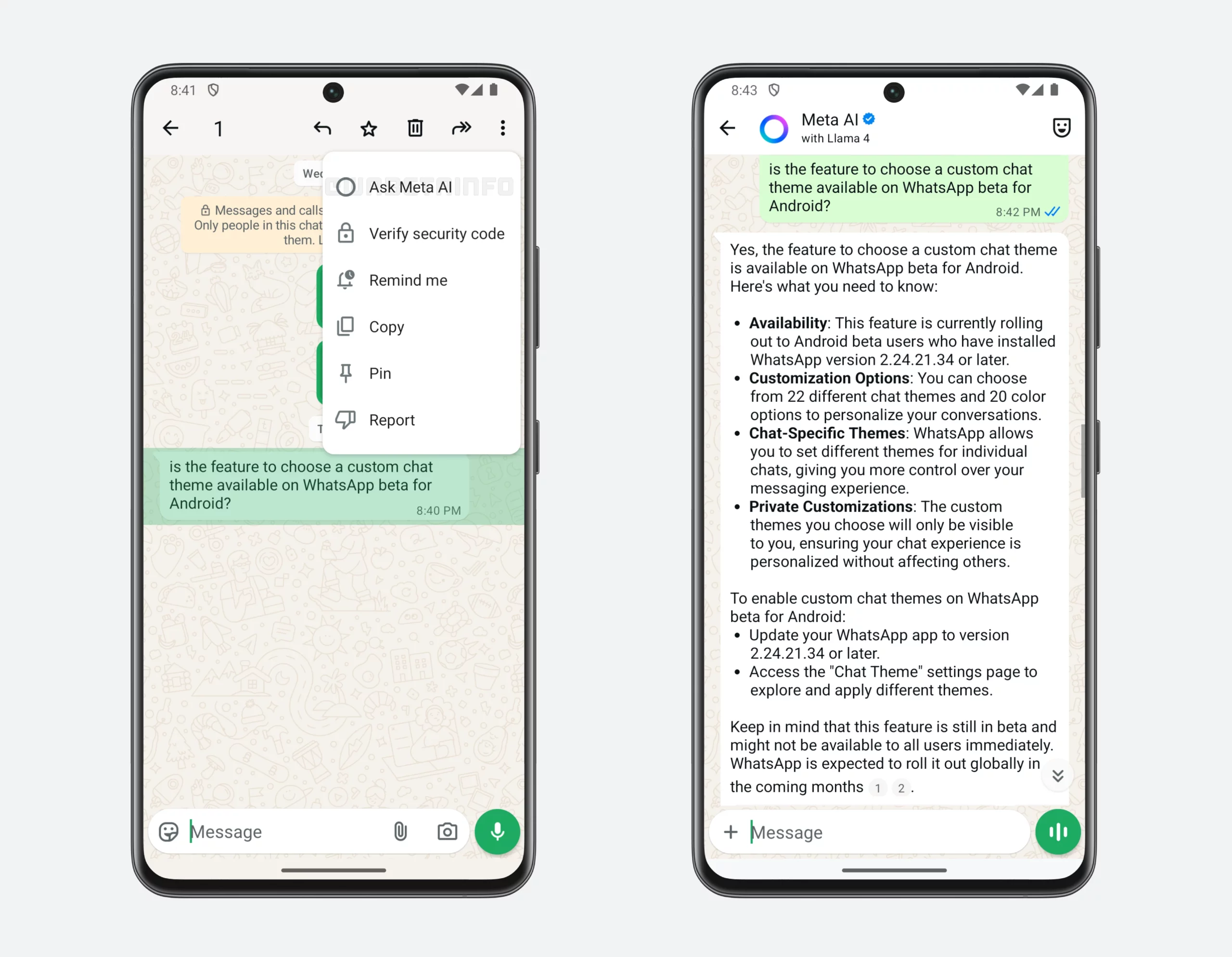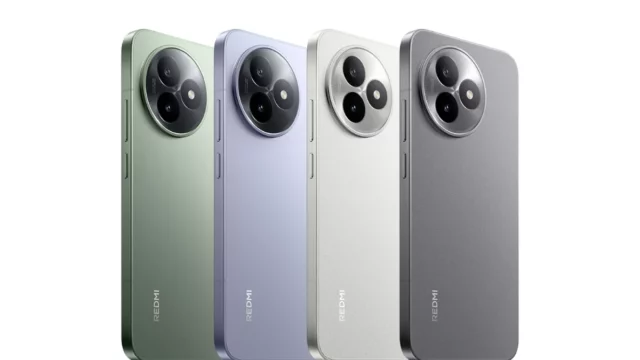Tech giants continue to develop new solutions to combat the spread of misinformation, one of the biggest problems of the digital age. The latest innovation in this area comes from WhatsApp, owned by Meta. With the release of WhatsApp beta 2.25.23.24 for Android on the Google Play Store, a new shortcut called “Ask Meta AI” has been integrated into the message menu and is now being tested. This feature eliminates the need for users to switch to external apps or browsers to verify a suspicious or intriguing message.
How does WhatsApp AI work?
Previously, users had to use the forward feature and find the AI assistant in the chat list to share a message or media with Meta AI. The new shortcut significantly simplifies this process.

Users will now:
Long press on the message they want to verify.
From the message options menu that opens, tap “Ask Meta AI.”
This action will open a new Meta AI chat window with the selected message quoted.
Importantly, this process doesn’t automatically send a query. The user simply types their own question or context in the chat window (for example, “Is this headline true?” or “Can you explain this claim?”) and completes the process by pressing the send button. This approach ensures the user retains full control.
This new feature could play a critical role on messaging platforms where viral hoaxes, misleading claims, and fake news spread rapidly. When users encounter questionable content, they will be able to instantly consult Meta AI to fact-check it before sharing it with others. This proactive approach is intended to significantly reduce the spread of misinformation.
WhatsApp prioritized user control and privacy when developing this new feature. Ask Meta AI is completely optional, and no messages are automatically shared with the AI without user consent. Meta AI only processes content users explicitly choose to share. This allows users to both benefit from the advantages of AI and maintain full control over their conversations.
The Ask Meta AI shortcut is currently being tested with a limited number of users participating in the WhatsApp beta program for Android. The feature is expected to be rolled out to more beta users in the coming weeks and to all users after successful testing.













